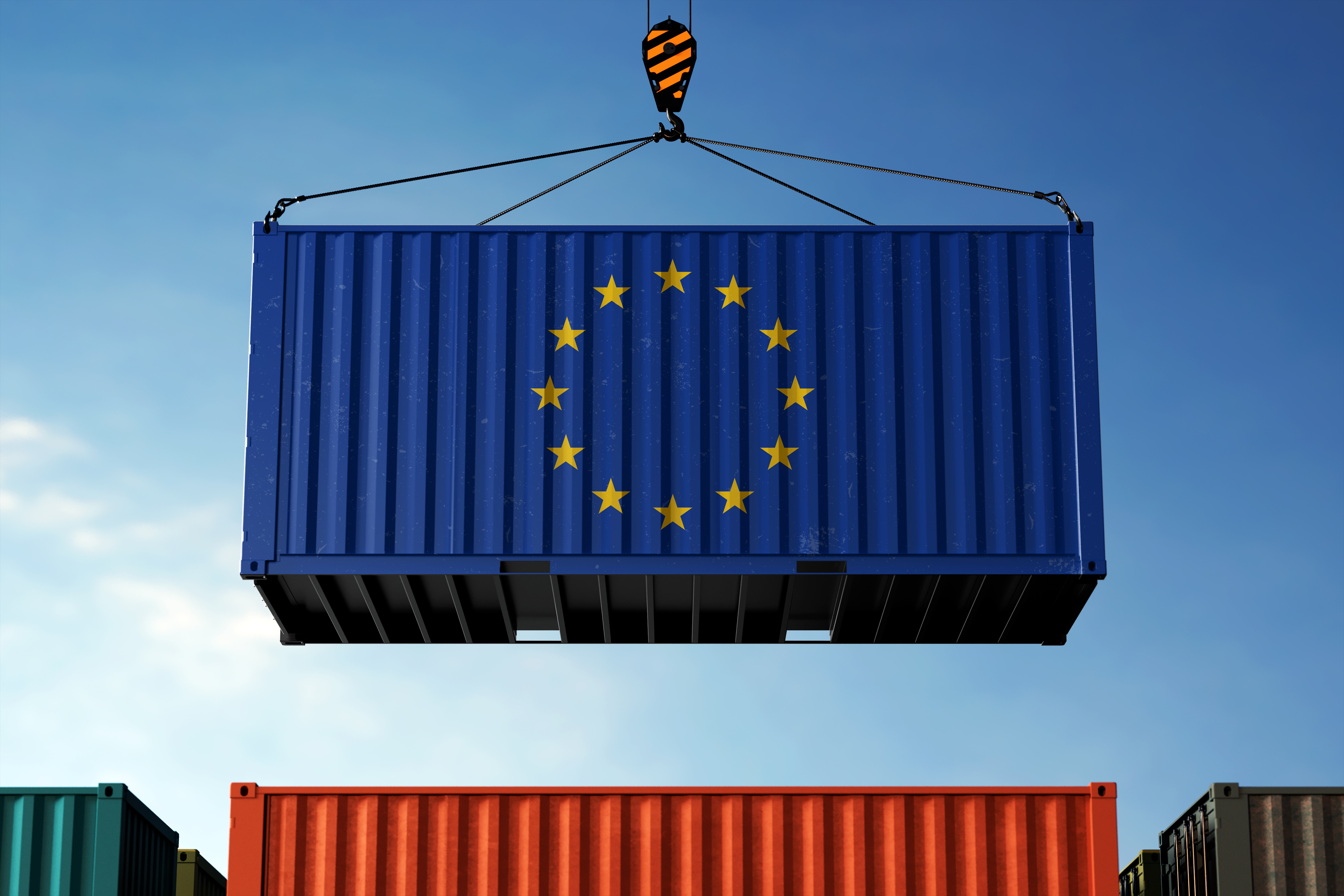Why predictability could be Europe’s greatest export amid Trump 2.0 trade relations

A global trade realignment has begun. The international economy is responding in a markedly different way to President Donald Trump’s second term compared to his first. Many European policymakers initially believed they could treat Trump’s aggressive international policy as temporary, allowing them to wait for more conventional American leadership. Now, Europe is forced to adapt to their new normal. Amid shifting alliances and rising uncertainty in U.S. trade policy, Europe is positioned to reframe global trade by offering stability and long-term vision.
Leo Varadkar, a two-time former Irish Taoiseach (Prime Minister) and current Penta Global Advisor, worked with President Trump as their leadership tenures overlapped between 2018 and 2020. He believes that the second Trump administration looks different from the first in many ways, notably in tone and swiftness of action.
During a conversation on Penta’s What’s At Stake podcast, Penta host Bryan DeAngelis asked Varadkar if he could work with Trump in the same way in 2025. Varadkar doesn’t think so. “I think the real difficulty for us is just a degree of uncertainty. There's no assurance that an agreement made in July couldn't be changed then in December or January.”
This shifting American trade dynamic was highlighted in late July when the United States announced a new trade package with the EU. The deal includes a 15 percent tariff rate on the European Union, over three times the rate that has historically been in place. While the final figure was lower than the Trump administration’s initial demands, the deal includes aggressive stipulations, including billions in European investment in American industry.
Even as the United States works to secure hundreds of new trade agreements, Varadkar argues that they do little to project stability. In fact, Varadkar suggests that this fast, furious, and aggressive approach is deliberate and has already alienated international partners. “They will be looking at other markets where there's just greater stability and greater predictability,” he commented. He believes that current American trade policy will reshape how international companies interact with the U.S. market in the years ahead.
While recent agricultural disputes show a rift in European policy, Europe is increasingly positioning unity as their trade strategy. “Europe has a chance to position itself as a stable, credible anchor for open and fair trade”, Frank Niederländer, the vice president of BMW Group, explained. Business leaders like Niederländer believe that maintaining internal cohesion and securing strong free trade agreements is the EU’s best path forward.
The European Union is already working to start this realignment process as they are turning ideas into action. On June 30th, Politico Europe wrote that Ursula von der Leyen, President of the European Commission, encouraged European leaders to look at how the EU could progress new trade deals with dozens of countries around the world, including forging stronger links with CPTPP. Their explicit goal is to “show to the world that free trade with a large number of countries is possible on a rules-based foundation," von der Leyen stated. The EU is actively working towards greater autonomy instead of simply envisioning it. However, Member States are still working through tensions on trade, like that of agri/food.
Via The Economist, June 11, 2025.
The dollar has been declining in value against the euro since roughly a month into Trump’s second term. This period has seen more economic volatility, driven by policy uncertainty, trade shifts, and international concerns about the U.S. economic direction.
As The New York Times found that the euro has risen more than 11 percent against the dollar since the start of the year and the administration appears set to extend its tariff deadlines once again, a vacuum in global trade leadership is appearing. While European policymakers and business executives are still figuring out the best way to move forward, Varadkar understands that the international order is recalibrating around a more uncertain America.
As Varadkar notes, those who are prepared, with clear strategies, contingency plans, and strong institutional footing, will be best positioned to lead our world into the future. In this moment, shaped by volatility and an uncertain future, Europe’s ability to offer long-term predictability may prove to be its most valuable export.